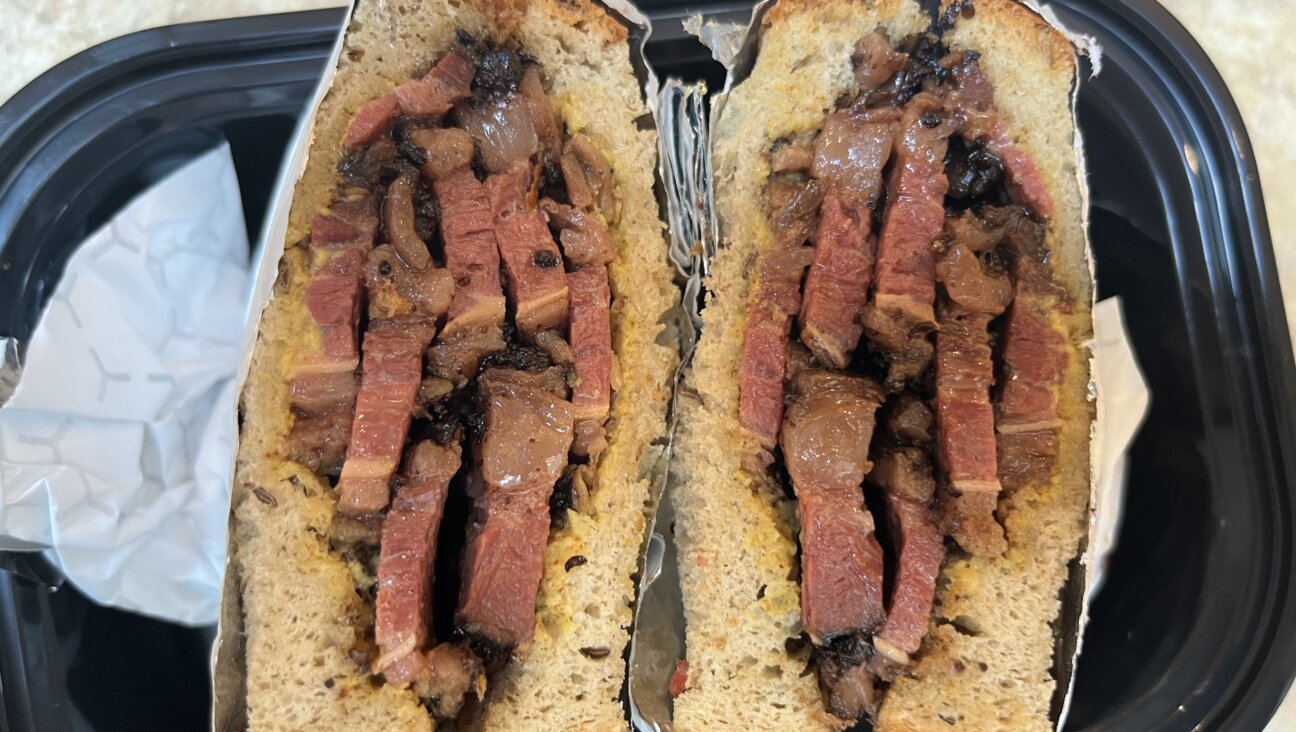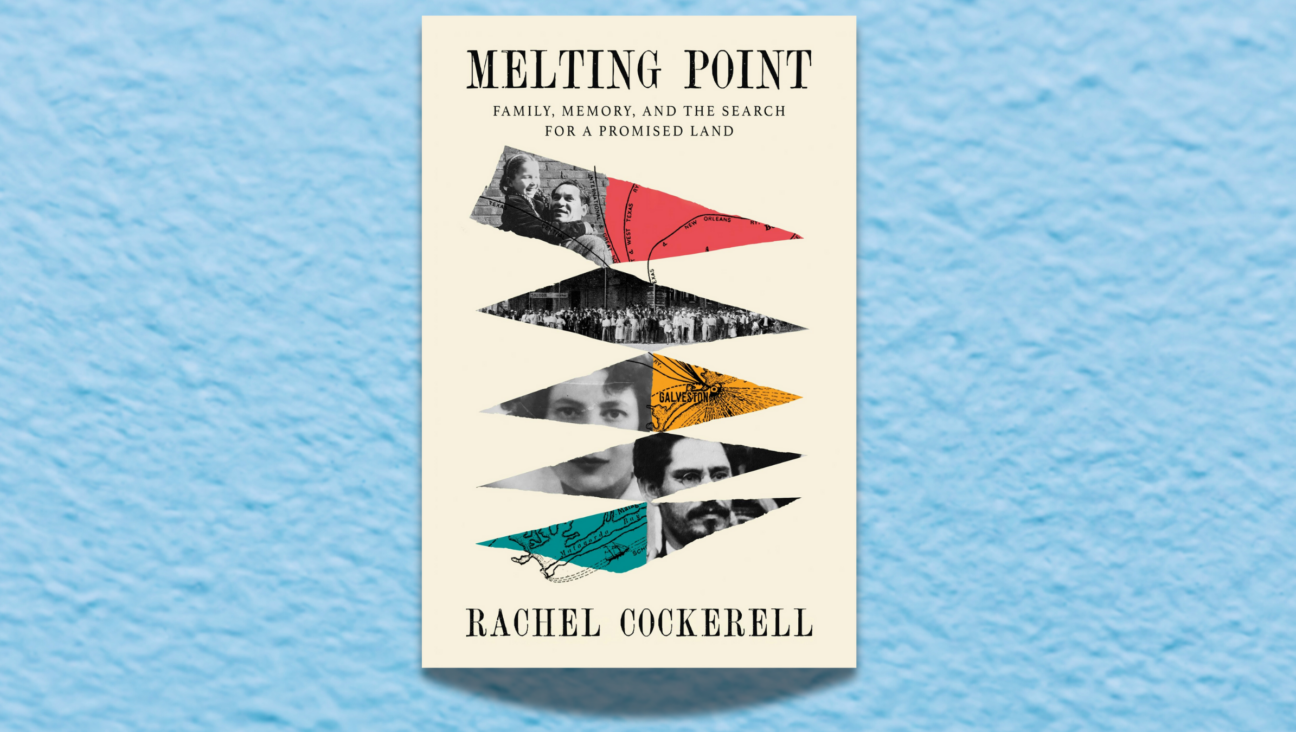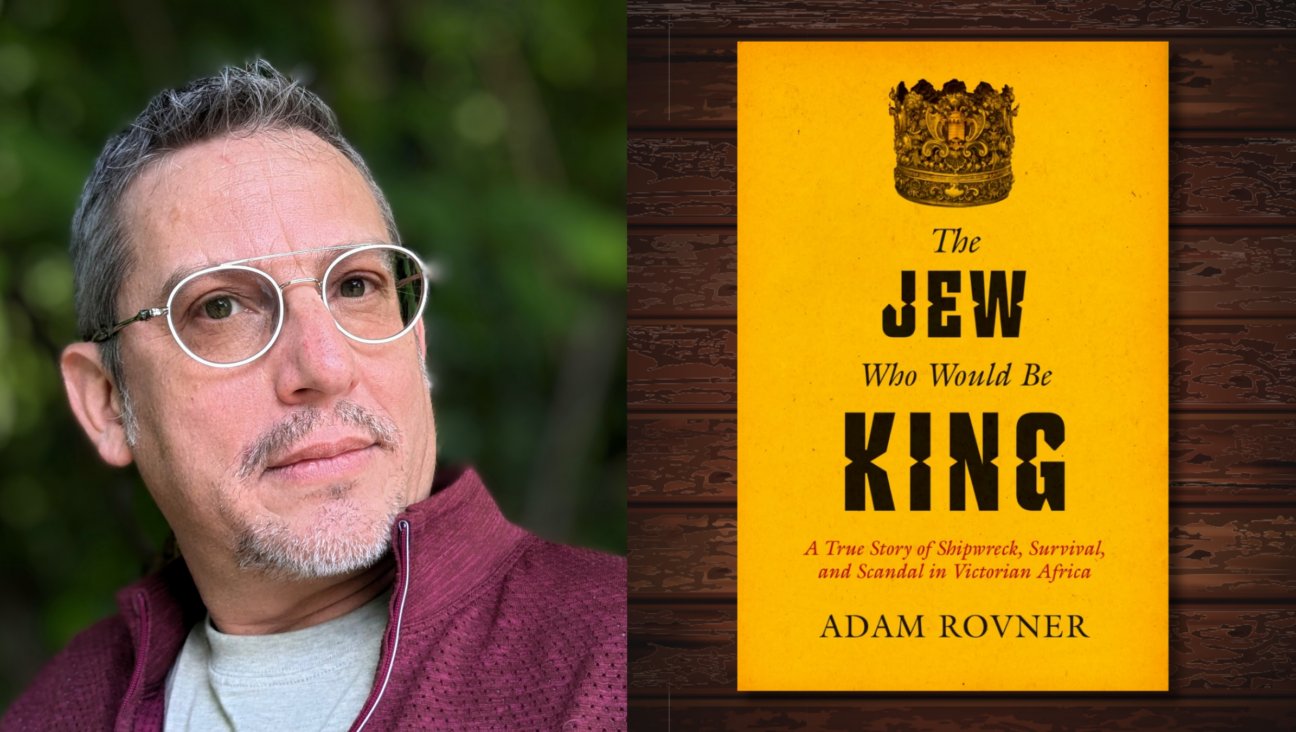A Memoir of Treyf Truthtelling

“There’s always more to all of us,” Elissa Altman explained to me over the phone when talking about the impetus for her second memoir, “Treyf: My Life as an Unorthodox Outlaw,” which is out next week. Altman — a cookbook editor, food writer and James Beard Foundation award-winning author of the blog Poor Man’s Feast (her first memoir has the same name) — was speaking specifically about her father, but she might as well have been reflecting on herself.

Author Elissa Altman Image by Susan Turner
In “Treyf,” Altman traces backwards from where her first memoir begins, exploring the backstory of her relationship with her father, who features prominently in “Poor Man’s Feast” as an indulgent and accepting father, who encourages her foray into a world of the gastronomical, and with her mother, for whom food is anathema. And in so doing, she has to trace her family farther and farther back.
Altman portrays her cast of characters in rich, evocative detail in the book. For example, her father is “a Fifth Avenue mad man ad man of the teak credenza-Modern Jazz Quartet variety.” There’s also her mother, always dressed to the nines and avoiding food with the same aplomb with which she sang on TV and modeled fur coats. Her mother’s mother Gaga, who loves Christmas and longs for the opportunity it gives her Italian neighbors to gather and feed their large families while her own is scattered or disinterested in food as anything other than fuel. And her paternal grandfather, Henry, the Talmudic scholar who in shul on Yom Kippur was “so rapt in Kabbalistic keeling, his mournful chest-beating during the viduy…[that he] floated past his son [Atlman’s father, who ached for acknowledgment from his own father through a touch of his shoulder] without seeing him, his eyes closed, lost in reverie.”

The themes that run through the book are universal, and will be particularly poignant for many Jewish readers: the meaning of food and feeding others; immigration and assimilation; kosher and treyf; religion and secularism; escape and return; isolation and belonging; unrequited love; family pressure; mourning; creating identity. And food is the yarn that weaves together these themes through stories.
That Altman is a consummate storyteller is no surprise — it’s in her blood and in her bones. She was surrounded by the printed word growing up: from the warm Yiddish lead type that her grandfather pressed into her three-year old hand (he worked at Der Forverts (The Forward) and Der Tag (The Day)), to the forbidden books her father taunted her with and the favored books he foisted upon her, to the poetry Gaga read her in bed, to the fashion magazines her mother slid onto her dresser along with diet candies. Humor and the ability to find humor, at least in hindsight, during the most trying of times also carries Altman’s storytelling. This is an intensely funny book despite the very honest treatment of challenging situations.
As for the food, it’s not always delicious, but it is always meaningful. A meal after a family fight: “The bitter taste of food cooked in anger filling our mouths.” Anxiety is manifested as “I took sips of air like it was hot tea.” And, in one of the most comforting scenes of the book, Gaga prepares, in the heat of a New York August, goulash that Altman requested upon her return from Jewish summer camp: “’Welcome home, Elissala” she said tenderly, “Now, honey, Ess.’”
I asked Altman why she didn’t include recipes in this book, and she posited that modern recipes now require precision and correct measurements but that “food and the act of cooking is live, is so organic, is ever-changing, and we actually have to take it at more than just face value.” For her, the food of her forebears is about sustenance — love and comfort — that can’t be reproduced with a set of instructions.
As to how she thinks about her Judaism today, Altman explained: “I feel like there’s a cord that connects me to my past and it runs from me through my parents through my grandparents and their parents and back and back and back and back, and that cord lets me know who I am, lets me know that I’m Jewish. That’s my ethnic connection.
“In terms of actual religious practice, I am drawn to the cultural practices of my background. I find religion in nature and music and the kindnesses and compassions of everyday humanity…I find it in art, in the love that people show for each other. That and the fact that I have a regular meditation practice.”
Sprinkled throughout the book are English versions of prayers Altman learned at Camp Towanda, including one that she sometimes evokes as a mantra on Friday nights: “He (G-d) is in our acts of kindness, he is in our joy.”
For more of Altman’s writing (in addition to her memoirs and her blog), check out a story about her father in Saveur and her column in the Washington Post entitled Feeding My Mother.
_Gayle Squires is a food writer, recipe developer and photographer. Her path to the culinary world is paved with tap shoes, a medical degree, business consulting and travel. She has a knack for convincing chefs to give up their secret recipes. Her blog is Feed is KosherCamembert
The Forward is free to read, but it isn’t free to produce

I hope you appreciated this article. Before you go, I’d like to ask you to please support the Forward.
Now more than ever, American Jews need independent news they can trust, with reporting driven by truth, not ideology. We serve you, not any ideological agenda.
At a time when other newsrooms are closing or cutting back, the Forward has removed its paywall and invested additional resources to report on the ground from Israel and around the U.S. on the impact of the war, rising antisemitism and polarized discourse.
This is a great time to support independent Jewish journalism you rely on. Make a gift today!
— Rachel Fishman Feddersen, Publisher and CEO
Support our mission to tell the Jewish story fully and fairly.
Most Popular
- 1

Fast Forward Ye debuts ‘Heil Hitler’ music video that includes a sample of a Hitler speech
- 2

Opinion It looks like Israel totally underestimated Trump
- 3

Culture Is Pope Leo Jewish? Ask his distant cousins — like me
- 4

Fast Forward Student suspended for ‘F— the Jews’ video defends himself on antisemitic podcast
In Case You Missed It
-

Fast Forward For the first time since Henry VIII created the role, a Jew will helm Hebrew studies at Cambridge
-

Fast Forward Argentine Supreme Court discovers over 80 boxes of forgotten Nazi documents
-

News In Edan Alexander’s hometown in New Jersey, months of fear and anguish give way to joy and relief
-

Fast Forward What’s next for suspended student who posted ‘F— the Jews’ video? An alt-right media tour
-
Shop the Forward Store
100% of profits support our journalism
Republish This Story
Please read before republishing
We’re happy to make this story available to republish for free, unless it originated with JTA, Haaretz or another publication (as indicated on the article) and as long as you follow our guidelines.
You must comply with the following:
- Credit the Forward
- Retain our pixel
- Preserve our canonical link in Google search
- Add a noindex tag in Google search
See our full guidelines for more information, and this guide for detail about canonical URLs.
To republish, copy the HTML by clicking on the yellow button to the right; it includes our tracking pixel, all paragraph styles and hyperlinks, the author byline and credit to the Forward. It does not include images; to avoid copyright violations, you must add them manually, following our guidelines. Please email us at [email protected], subject line “republish,” with any questions or to let us know what stories you’re picking up.















